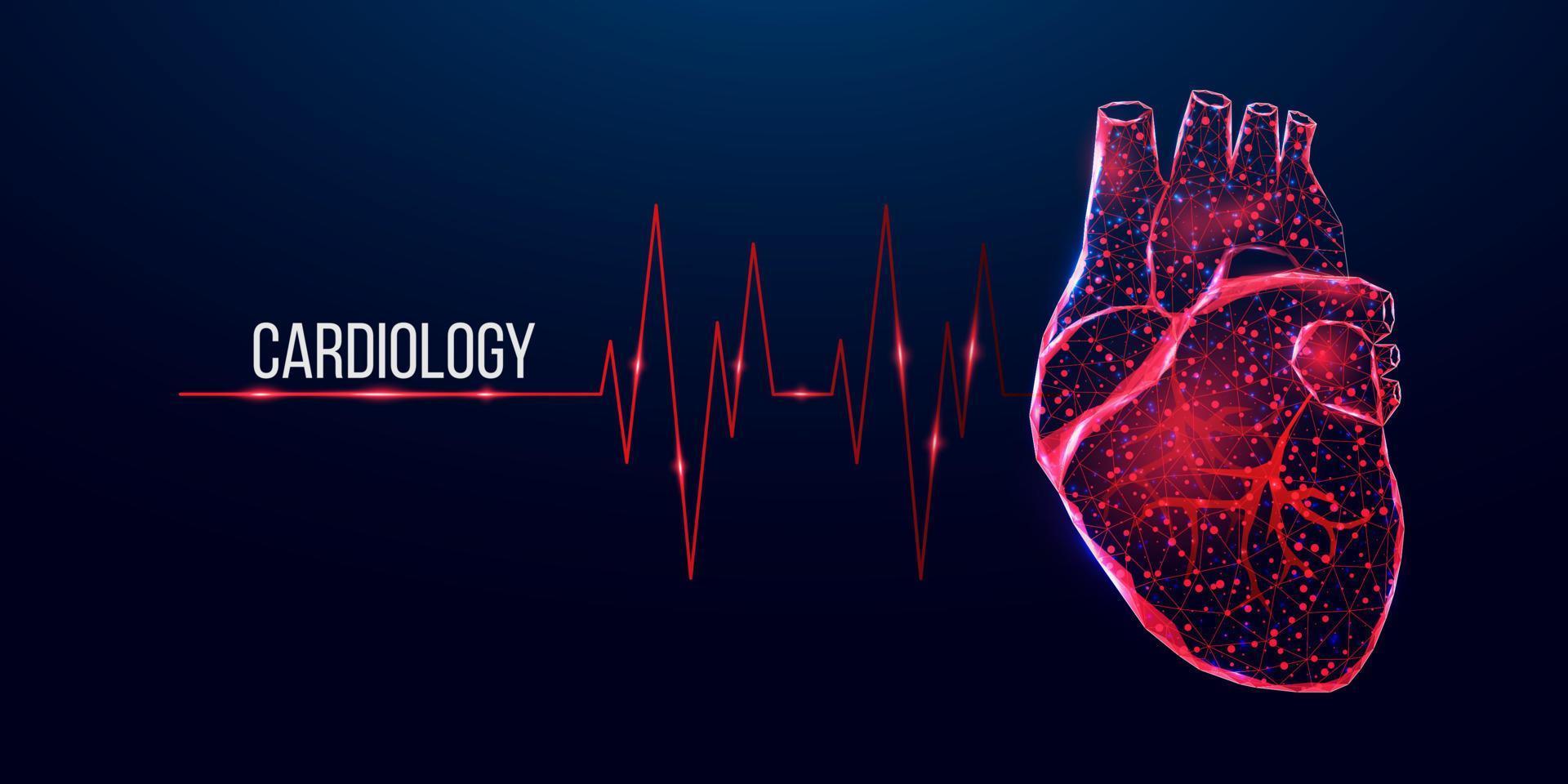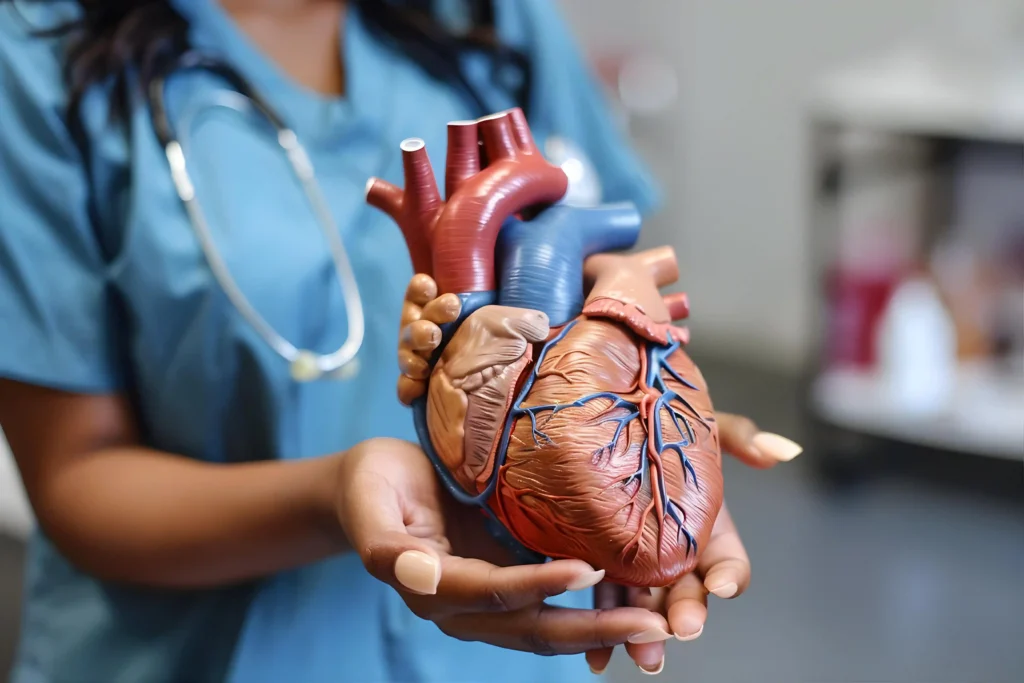What the future of Cardiology holds for your heart health
What the future of Cardiology holds for your heart health
Blog Article
Understanding the Significance of Cardiology in Modern Health Care Solutions
Cardiology plays an important duty in modern-day medical care, specifically as cardiovascular disease remains to be the leading root cause of death worldwide. Breakthroughs in diagnostics and therapy have actually changed individual care, allowing earlier treatments and enhanced end results. Furthermore, the shift towards preventive cardiology empowers individuals to handle their wellness proactively. As modern technology remains to progress, the combination of innovative solutions might additionally redefine cardiology's effect on public health and wellness, prompting a more detailed assessment of emerging patterns and their ramifications.
The Prevalence of Cardiovascular Disease and Its Influence On Public Health And Wellness
Heart illness remains the leading reason of death internationally, its impact expands far past private people to impact public health systems and economic climates. The high prevalence of heart problem places a significant strain on medical care resources, demanding increased financing for therapy, recovery, and prevention programs. Public wellness initiatives should resolve risk aspects such as excessive weight, cigarette smoking, and less active lifestyles, which contribute considerably to the climbing incidence of heart conditions.Moreover, the economic concern linked with heart disease is enormous, incorporating not just direct medical expenses yet additionally indirect expenses associated with lost performance and early death. Communities face difficulties in handling these prices, often resulting in variations in health care accessibility and outcomes. As the population ages and lifestyle-related dangers remain to escalate, the seriousness for efficient cardiology treatments becomes critical. Addressing heart condition is not just an issue of private health and wellness however also a crucial public health priority.
Advances in Cardiac Diagnostics and Imaging Techniques
Recent improvements in cardiac diagnostics and imaging techniques have transformed the field of cardiology, improving the capability to find and check cardiovascular disease. Methods such as cardiac MRI, CT angiography, and echocardiography have actually ended up being progressively sophisticated, giving in-depth photos of heart frameworks and functions. These methods permit the early recognition of conditions like coronary artery disease, cardiac arrest, and valvular disorders.Moreover, developments in non-invasive diagnostics, such as wearable technology and remote surveillance gadgets, have actually equipped patients and medical care companies. These tools assist in real-time tracking of heart rhythms and various other important indicators, causing prompt interventions. In addition, man-made intelligence is being integrated right into imaging analysis, boosting accuracy and effectiveness in medical diagnosis.
Advancements in Therapy Options for Heart Issues
Recent improvements in cardiology have actually resulted in substantial innovations in treatment alternatives for heart conditions. These include innovative surgical methods that boost procedural results and arising medications that provide brand-new methods for therapy. As the field progresses, these innovations play an important duty in boosting client care and end results.
Advanced Surgical Techniques
Innovations in surgical methods have actually changed the landscape of cardiology, supplying new hope for clients with heart problems. Minimally intrusive treatments, such as catheter-based treatments, have greatly decreased healing times and health center keeps. Techniques like robotic-assisted surgery boost accuracy, permitting specialists to navigate intricate physiological frameworks with better accuracy. Innovations in imaging modern technology promote real-time visualization throughout treatments, enhancing results. Transcatheter aortic shutoff substitute (TAVR) exhibits an innovation in dealing with aortic constriction, allowing valve replacement without open-heart surgery. Additionally, hybrid approaches that incorporate catheter-based and medical techniques offer tailored remedies for numerous cardiac issues. These advanced medical methods not only enhance person security however also increase treatment options, emphasizing the essential function of development in modern cardiology techniques.
Emerging Therapies and drugs
As the landscape of cardiology remains to evolve, arising treatments and medications play a crucial function in enhancing therapy options for heart problems. Developments such as unique anticoagulants and advanced lipid-lowering representatives have changed the administration of cardio illness, greatly minimizing patient morbidity and death. In addition, the advancement of genetics therapies and regenerative medication offers encouraging avenues for dealing with problems previously regarded irreparable. Scientific trials are constantly disclosing the efficacy of these treatments, pressing the boundaries of standard therapies. Furthermore, the assimilation of digital health and wellness modern technologies facilitates customized medication, permitting tailored treatment strategies based upon genetic and lifestyle aspects. Collectively, these developments highlight the vibrant nature of cardiology, boosting patient outcomes and redefining standards of care in contemporary health care.
The Function of Preventive Cardiology in Individual Treatment
Preventative cardiology plays an essential role in patient care by concentrating on the identification of risk factors that add to cardiovascular disease. With way of living alteration strategies and very early discovery strategies, medical care carriers can properly lower the occurrence of cardio events - Cardiology. This positive method not only boosts person end results however likewise promotes lasting wellness
Danger Element Identification
While heart diseases stay a leading source of morbidity and death worldwide, efficient danger factor recognition works as a cornerstone of preventative cardiology. Recognizing danger factors such as high blood pressure, hyperlipidemia, diabetic issues, and household history is essential for very early intervention. Medical care professionals make use of different evaluating techniques to review these aspects, permitting customized safety nets. Additionally, comprehending a patient's way of life choices, such as cigarette smoking and physical lack of exercise, even more educates risk evaluations. This comprehensive analysis enables medical professionals to create customized treatment strategies aimed at mitigating dangers. By focusing on risk aspect recognition, healthcare systems can improve individual outcomes and decrease the general worry of heart diseases, inevitably adding to improved public health and wellness methods and source allocation.
Way Of Life Adjustment Approaches
A wide variety of researches highlights the critical role of way of life adjustment methods in decreasing cardiovascular illness threat. These approaches encompass nutritional modifications, boosted exercise, smoking cessation, and weight management. By embracing a heart-healthy diet plan abundant in fruits, veggies, whole grains, and lean healthy proteins, people can decrease cholesterol levels and blood pressure. Routine exercise reinforces the heart and enhances overall cardiovascular wellness. In addition, giving up cigarette smoking substantially minimizes the danger of cardiovascular disease and boosts healing rates for those with status quo. Weight management better adds to cardio health by mitigating other danger aspects such as diabetic issues and high blood pressure. Carrying out these lifestyle alters not just promotes individual wellness yet also serves as a foundation of preventive cardiology in individual care.
Very Early Discovery Techniques
Way of life alterations significantly add to decreasing cardiovascular disease dangers, but they are most efficient when coupled with early detection techniques. Precautionary cardiology stresses the significance of recognizing prospective heart concerns before they escalate into significant conditions. Methods such as blood stress tracking, cholesterol testing, and advanced imaging technologies like echocardiograms play essential duties in evaluating cardio health and wellness. Biomarkers and hereditary testing also improve the accuracy of early discovery, enabling customized preventive techniques. Normal heart danger evaluations empower healthcare service providers to intervene proactively, possibly protecting against cardiac arrest and strokes (Dr Garcia). By integrating these very early discovery techniques right into regular care, people can benefit from prompt way of life treatments and targeted treatments, ultimately boosting and improving results lifestyle
Integrating Innovation Into Cardiology Practices
As improvements in innovation proceed to reshape various fields, the assimilation of ingenious devices and systems right into cardiology methods has actually come to be vital for boosting person treatment and outcomes. Telemedicine systems permit cardiologists to keep track of people remotely, boosting access to care while lowering the burden on health care facilities. Wearable gadgets, such as smartwatches, enable constant heart price tracking, informing both people and doctors to potential issues in real-time. Furthermore, man-made intelligence (AI) useful link is being utilized to assess large quantities of heart data, assisting in very early medical diagnosis and individualized therapy strategies. Advanced imaging techniques, consisting of 3D echocardiography, enhance visualization of heart frameworks, resulting in much more accurate treatments. Electronic health documents (EHRs) enhance individual information management, making certain that cardiologists have instant accessibility to critical information. Together, these technical improvements are changing cardiology, promoting proactive monitoring and boosted health and wellness outcomes for people with cardio conditions.
The Value of Person Education and Involvement
Client education and learning and engagement play an essential role in the administration of cardio health. By outfitting clients with expertise about their conditions, therapy options, and way of life changes, doctor empower people to take an active role in their treatment. This aggressive approach can result in enhanced Home Page adherence to suggested medications, nutritional adjustments, and exercise regimens, eventually minimizing the threat of complications.Engagement additionally fosters a strong patient-provider connection, encouraging open communication and depend on. When people really feel informed and involved, they are more probable to voice worries and ask concerns, which can cause better professional outcomes. Additionally, educational resources, such as workshops or digital platforms, can boost understanding and promote self-management methods. Generally, focusing on individual education and learning and involvement is crucial for boosting cardio health and wellness, enhancing lifestyle, and minimizing health care expenses related to cardiovascular diseases.
Future Fads in Cardiology and Their Possible Effect

Frequently Asked Inquiries
What Way Of Living Modifications Can Decrease Heart Problem Threat?
The existing concern addresses lifestyle adjustments that can substantially reduce heart condition danger. Cardiology. Embracing a balanced diet regimen, engaging in regular exercise, preserving a healthy and balanced weight, handling anxiety, and preventing cigarette can significantly improve cardio health
Just How Can I Acknowledge Very Early Indications of Heart Troubles?
Recognizing very early indications of heart troubles includes surveillance signs such as upper body pain, lack of breath, tiredness, and uneven heartbeat. Prompt awareness of these indicators can motivate needed medical assessment and treatment for far better results.
What Are the Distinctions Between Cardiologists and Cardiac Surgeons?
The distinctions between cardiologists and heart surgeons depend on their roles; cardiologists mostly Web Site take care of and diagnose heart disease via non-invasive techniques, while heart surgeons carry out surgeries to fix architectural heart concerns. Each plays an important, unique function.

Just how Commonly Should I Get My Heart Health Checked?
The frequency of heart checkup differs based on specific threat elements. Typically, grownups must go through evaluations each to two years, while those with existing problems may call for more constant assessments as advised by medical care experts.
What Role Does Genes Play in Heart Problem Threat?
Genetics greatly affects heart condition danger, with familial patterns showing inherited problems. Particular genetics can predispose people to hypertension, cholesterol problems, and other cardio issues, highlighting the significance of hereditary screening in examining heart health. Heart illness remains the leading cause of fatality worldwide, its effect prolongs much beyond specific patients to impact public wellness systems and economic climates. Public wellness initiatives need to resolve risk aspects such as obesity, cigarette smoking, and less active way of livings, which contribute significantly to the climbing incidence of heart conditions.Moreover, the economic problem linked with heart disease is immense, including not just straight medical prices but likewise indirect expenditures related to lost efficiency and early death. Preventative cardiology plays an important function in individual treatment by concentrating on the recognition of risk factors that contribute to heart illness. Man-made knowledge (AI) and maker understanding are boosting diagnostics and patient monitoring, enabling early detection of heart illness. The distinctions in between cardiologists and heart specialists exist in their duties; cardiologists mostly take care of and identify heart problems with non-invasive techniques, while cardiac cosmetic surgeons carry out surgical procedures to correct architectural heart concerns.
Report this page